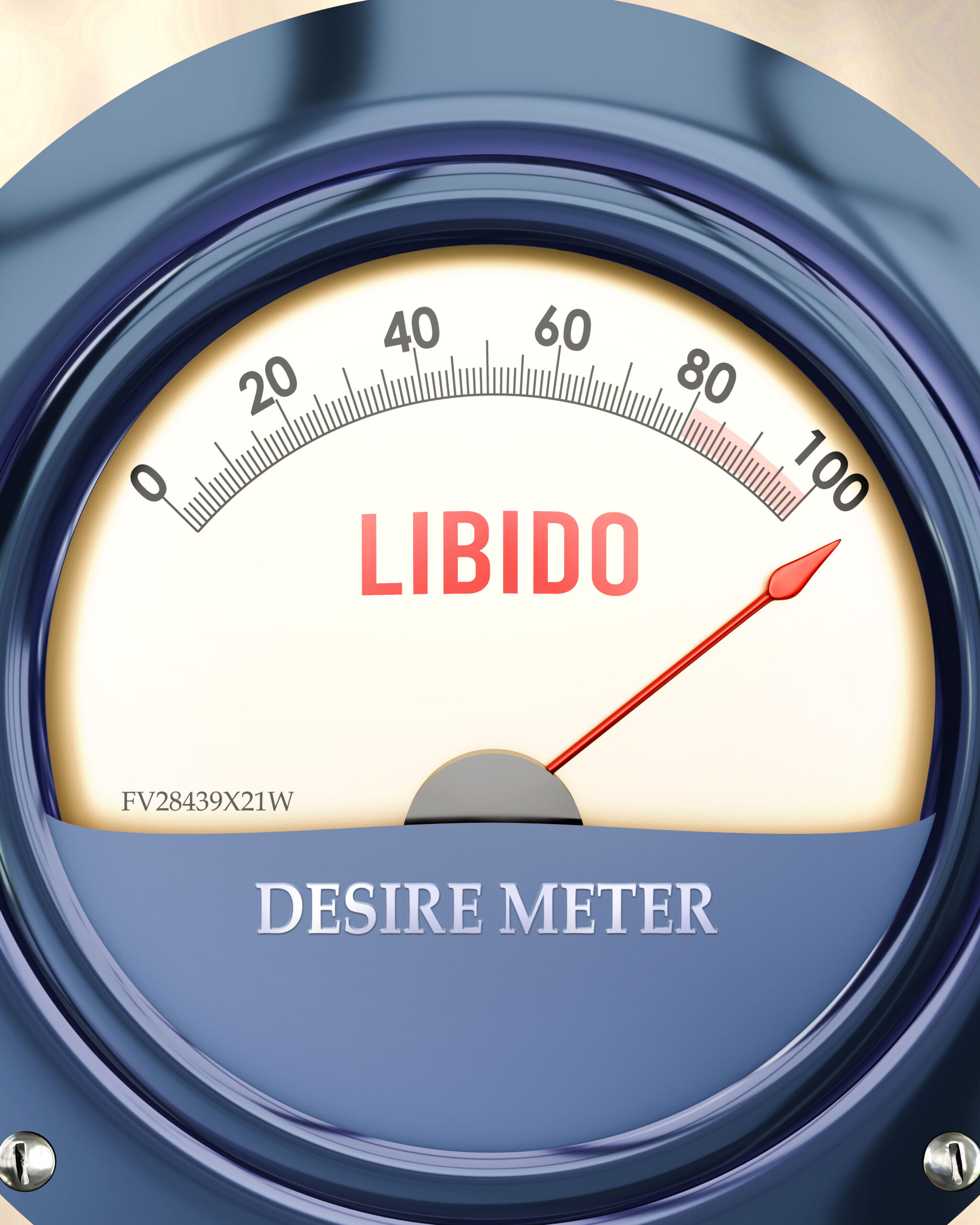I love sex and need it every day at least once. I love fucking different guys. I love finding sensuality and sexiness and getting to know many people. I love threesomes, foursomes, gangbangs. My tagline is that I am ‘flirty, dirty and squirty’! I am happy with, and proud of, my sexuality. I am a total slut. I am a cock-loving whore. How do you feel, girls and boys, when you hear those words? I am here to claim those words as positive and passionate words to be embraced.
The History
The words “whore” and “slut” have a long history, with origins tracing back to Old English and even further into Proto-Germanic and Proto-Indo-European roots.
- Old English: “hore,” meant a woman engaging in sexual intercourse outside of marriage. It wasn’t harshly negative as it became today but was simply descriptive.
- Proto-Germanic: horaz (masculine) or horon- (feminine), which meant “one who has physical desires” – So someone who really likes sex and intimacy..
- Proto-Indo-European: Even earlier, the Proto-Indo-European root *kā-, which signified “to like, desire and really care a lot about.” This root evolved in various ways across different Indo-European languages, but in the Germanic branch, it specifically came to be associated with sexual desire.
- Middle English: “Slut”, initially referred to a messy, untidy person, not fitting into the accepted ‘norms’. It referred to ill-fitting, loose clothes. We still have the term ‘loose woman’ referring now to one of ‘loose morals’. It was not exclusively applied to women; men could also be referred to as sluts for not wearing a suit or the right clothes for the occasion.
But things changed. Over the centuries, the term “whore”and “slut” evolved in the English language, gradually taking on more derogatory connotations and being used as an insult – and mainly towards women. The patriarchal, conservative and religious societies (and more importantly, male) controlled the social ‘norms’ and attitudes towards sexuality, particularly female sexuality. By the Middle English period it had already started to become very negative – and got worse over time, often leading to physical violence.
Those running the societies or religions, wanted to see growth in numbers to support their cause and ideology – and women were seen as the way to achieve that, as baby factories, or weaker beings to be ‘protected’ and controlled. Lack of medical knowledge, hygiene and thus low life expectancy saw many people dying young – so more children had to be born. Lack of good anti-conception helped that along – and the subservient position women then held in society gave women little choice.
Meanwhile, men were seen as the ‘conquerors’, the ‘warriors’, the dominant ones. Words like ‘Stud’ are used for a man who is notably virile and sexually active – and have remained strong and positive. If a woman claims to love sex, love experimenting or exploring, or loves meeting with other men (or women), it is seen as negative. Control and choice has usually been taken away from women regarding sexuality or expressing desire.
Why are women taking the words back?
But now, all over the world, women are reclaiming words like “whore” and “slut” as part of a broader movement to challenge and dismantle the societal stigma surrounding female sexuality. We all should challenge oppressive structures and empower individuals, not to inadvertently reinforce harm or stigma, but to give every person a voice, freedom of expression and authenticity.
‘Slut’ for me, means that I dress in a womanly, attractive way. I have sex with many people. I don’t mind attracting attention. It is about being sexually attracted to many men. “Whore” means that I love sex – a lot of it.
Reclaiming words like “slut” and “whore” involves a complex process of subverting traditionally negative connotations and embracing them as symbols of empowerment, autonomy, and the right to one’s sexual desires.
1. Empowerment and Autonomy
A woman should have autonomy and control over her body and choices. I’m reclaiming ‘slut’ as a term of empowerment because my sexual choices are mine alone. No one else should be able to tell me whom I can love or who I can have sex with, or how much I may like something. This is about autonomy and empowerment rather than the act of sex itself.
2. Challenging Double Standards
I embrace being called a ‘slut’ and a ‘whore’ because men are praised as a ‘stud’ for the same behaviours that women are shamed for. Let’s highlight and challenge the double standards in society around sexuality.
3. Solidarity and Support
A powerful way of women (and men) standing together against slut-shaming and sexual violence is using these words to show support for, and solidarity with, others who want to see change. We are all ‘sluts’ if demanding respect for our choices makes us so.
4. Personal Reclamation
I’m proud to be a ‘whore’ and a ’slut’ who seeks pleasure on my terms and I embrace my desires. On a very personal level, that feels empowering and affirming as a means of owning and being confident in her sexuality.
How are women reclaiming the words
1. SlutWalks and Public Demonstrations
One of the most visible manifestations of this reclamation is the global SlutWalk movement. Originating in 2011 in response to a Toronto police officer’s comment that women should avoid dressing like “sluts” to not be victimised, SlutWalks have spread worldwide. These events are public demonstrations where participants, often dressed in what society might deem “provocative” attire, protest against victim-blaming, sexual violence, and the notion that a woman’s appearance justifies harassment or assault. The movement uses the word “slut” to challenge the idea that women’s sexual behaviour is linked to their value or morality.
2. Social Media and Online Communities
Online platforms have become powerful tools for reclaiming and reframing these words. Through blogs, social media campaigns, and hashtags, women share their stories and experiences, often using “whore” and “slut” in empowering contexts. By openly discussing topics like consensual sex, body autonomy, and sexual pleasure, they’re working to destigmatize women’s sexuality and reclaim these words from their derogatory uses.
3. Academic and Literary Efforts
Feminist scholars and writers are also involved in the reclamation process, analysing the historical and cultural contexts of these words and advocating for a redefinition of female sexuality that is positive and self-determined. Through academic research, essays, and books, they explore the power dynamics of language and offer new narratives that celebrate rather than shame female sexual agency.
4. Personal Identity and Self-Description
On a more individual level, some women choose to identify with these terms as a means of self-empowerment, rejecting the shame historically associated with female sexuality. By doing so, they assert control over their bodies and choices, challenging societal judgments and expectations. I, for one, repeat, that I am an slut and I enjoy it.
5. Art and Entertainment
Artists, musicians, and performers are using their platforms to subvert traditional narratives around female sexuality. By incorporating terms like “whore” and “slut” into their work in empowering ways, they contribute to changing the conversation and perception surrounding these words.
6. Adding new words
Recently, new words can be used for a woman’s sexuality like calling a woman a ‘Vixen’ ( sexy and flirtatious) or a ‘Cougar’ (an older woman who has sexual relationships with younger men). I love and embrace these terms too. I love meeting with younger guys who have stamina and virility. I love the fun and freedom of being sexy and flirtatious. While some will be determined to use these negatively about women too, we must do what we can to
Challenges and Criticism
The reclamation of these words is not without its challenges and criticisms. While some see it as a powerful act of defiance against a patriarchal society that seeks to control female sexuality, others caution that the negative connotations of these words can’t be easily erased and that their use might reinforce existing stereotypes and discrimination. Some argue that the negative connotations are too deeply ingrained for the words to be completely divorced from their derogatory roots. But that is no reason to ever back down or stop demanding equality and autonomy. Look at the word ‘Gay’ for example – that has changed its meaning completely over time. It can be done. “Slut” or “Whore” changed from what it was, to what it is today, so can be changed again.
This movement is an ongoing process, reflecting broader shifts towards gender equality and the empowerment of women and marginalised sexualities. It will take generations. By reclaiming derogatory terms, participants seek not only to change the language but also to challenge the underlying attitudes and structures that give these words their power to harm.
I love being me. I love who I am; what I like; how I feel – and how I positively make others feel. You don’t have to agree with me or like what I do – so you get on with your own life and do you.



